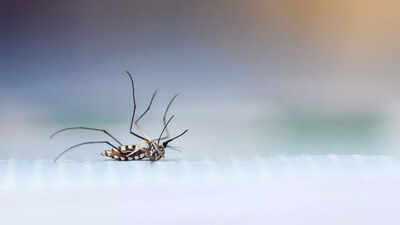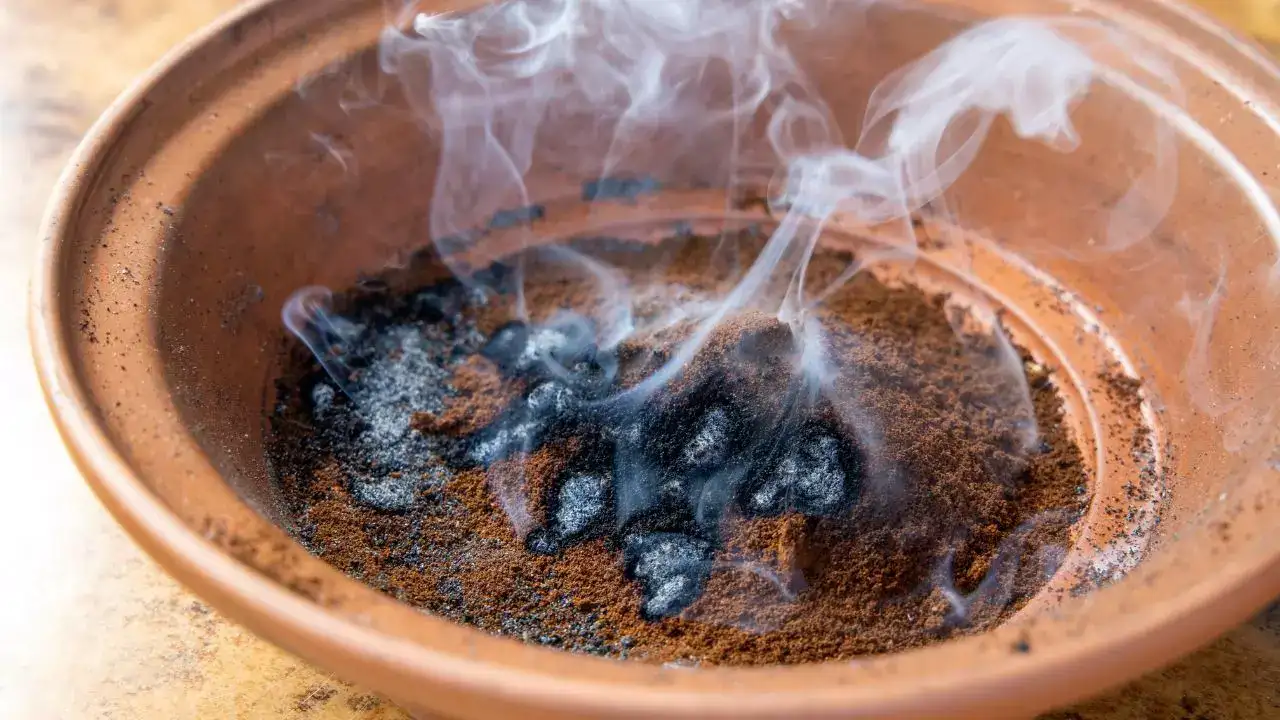ARTICLE AD BOX

Most of us enjoy coffee as a refreshing start to the day, but very few realise that the leftover coffee grounds can do more than just end up in the bin. Instead, they can be reused as a natural and eco-friendly mosquito repellent.
From burning them to release smoke, scattering them in the garden, spraying brewed coffee, or placing them at entry points, coffee grounds can be surprisingly effective. Simple, sustainable, and cost-friendly, they offer a clever way to repurpose kitchen waste while helping you keep mosquitoes at bay.
Coffee grounds for mosquito control: Simple, natural, and eco-friendly uses

Burn coffee grounds for a strong smoke barrier
One of the most effective methods is to dry out used coffee grounds and burn them, much like incense. When lit in a fireproof dish, the grounds release a dense, pungent smoke that mosquitoes dislike.
The smell lingers in the air, creating a barrier that discourages them from hovering nearby.This method is especially useful during outdoor gatherings such as barbecues, picnics, or evening relaxation in the garden. Even after the smoke dies down, the burnt grounds continue to deter some pests thanks to their charred smell. Placing them around outdoor seating areas, near porches, or along patios can make your summer evenings much more enjoyable.
Scatter or bury grounds in the garden
Another practical way to use coffee grounds is to scatter them directly in your garden or mix them into the soil. Since coffee is rich in nitrogen, it doubles as a natural fertiliser, improving soil quality and supporting plant growth. At the same time, the presence of grounds can make the environment less inviting for mosquitoes and other small pests.This is an excellent choice for home gardeners, as it provides dual benefits — nourishing your plants while adding a mild pest control measure.
Even if mosquitoes aren’t fully repelled, your garden still gains from the nutrients coffee provides, making it a sustainable and waste-free practice.
Brewed coffee as a repellent spray
Some people also use brewed coffee as a natural spray. By filling a spray bottle with cooled, brewed coffee and lightly misting it on outdoor furniture, plant pots, or even clothing, you can create a temporary repellent effect. The bitter aroma of coffee may help mask the human scents that mosquitoes are drawn to, reducing your chances of being bitten.While this method may not provide long-lasting protection like commercial sprays, it is chemical-free, inexpensive, and safe for quick use when needed. It’s best applied just before spending time outdoors, particularly in areas with mild mosquito activity.
Place coffee grounds at entry points
Mosquitoes often slip into homes through open windows, doors, or tiny cracks. To discourage them, you can strategically place bowls or small piles of burnt or fresh coffee grounds near entryways.
Their strong smell helps create a deterrent barrier, making it less likely that pests will cross into your home.This method works well in combination with screens, nets, or other indoor protective measures. While coffee alone won’t block mosquitoes entirely, it adds another layer of protection at those vulnerable points where insects sneak in.
Combine coffee grounds with other natural repellents
Perhaps the most effective approach is to use coffee grounds alongside other natural mosquito-repelling methods.
For example, planting lemongrass, lavender, basil, or marigolds in your garden strengthens the effect since these plants naturally emit scents mosquitoes dislike. Encouraging natural predators like birds, frogs, and bats in your yard also helps reduce mosquito populations over time.Entomologists recommend viewing coffee as part of an integrated pest management (IPM) system. This means pairing it with basic steps like eliminating standing water (mosquito breeding grounds), using protective screens, and applying safe, EPA-approved repellents when needed.
Coffee on its own may not eliminate mosquitoes, but when combined with these methods, it becomes a powerful, eco-friendly tool.Instead of tossing your morning coffee grounds into the bin, consider giving them a new purpose as a natural mosquito deterrent. Whether you burn them for smoke, scatter them in your garden soil, spray brewed coffee on surfaces, or place them at entry points, each method offers some level of protection while also being environmentally friendly.Although coffee grounds won’t completely replace commercial repellents, they are an easy, cost-effective, and sustainable way to support your mosquito control efforts. When paired with other natural remedies and good yard maintenance, coffee can transform from a kitchen leftover into a surprisingly useful tool for a more comfortable, mosquito-free home.Also Read: 6 best places to install home security cameras for maximum safety



.png)
.png)
.png)
















 3 hours ago
3
3 hours ago
3









 English (US) ·
English (US) ·